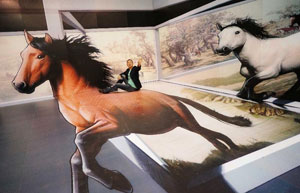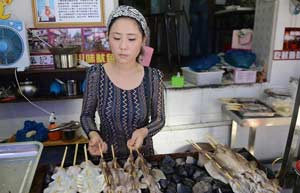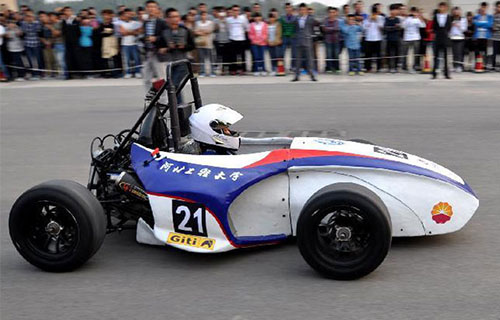

|
Glance |
|
• The Third Plenary Session of the 11th CPC Central Committee in December 1978: The historic turning point The session criticized the principle of “two whatevers” (“we will resolutely defend whatever policy decisions Chairman Mao made and unswervingly follow whatever instructions Chairman Mao gave”), while approving a complete and accurate study of Mao Zedong Thought. After the meeting, the second generation of Party leaders formed around Deng Xiaoping. The meeting marked China’s entry into a new era of socialist modernization and construction. • The Third Plenary Session of the 12th CPC Central Committee in October 1984: Reform moves from the countryside to the cities The session unanimously passed the Decision on Economic Structural Reform. The decision recognized the necessity and urgency of speeding up urban economic reforms and set out the nature, direction and goals of the reforms, as well as basic polices required to implement them. • The Third Plenary Session of the 13th CPC Central Committee in September |
1988: Clearing the way for further reform At the time China was at a transition point between two economic systems and was facing a chaotic economic situation and surging prices. The meeting affirmed guidelines on improving the economic environment, rectifying the economic structure and furthering overall reform. • The Third Plenary Session of the 14th CPC Central Committee in November 1993: Outlining the framework of a socialist market economy The meeting pointed out that a socialist market economy system was integrated with a basically socialist system. A decision passed at the meeting also required State-owned enterprises to reform their operations, establish modern enterprise mechanisms and adopt scientific management methods. • The Third Plenary Session of the 15th CPC Central Committee in October 1998: Building a socialist new countryside Under the circumstances of rapid industrialization and urbanization, the imbalances in development had widened the urban-rural gap. This |
session outlined agricultural and rural development goals, issued strategies and policies on rural areas, and set the goal of building a socialist new countryside by 2010. • The Third Plenary Session of the 16th CPC Central Committee in October 2003: New goals, new beginning The plenum mapped out reform and development for the next 10 years. It displayed a scientific outlook on development and put forward new ideas and measures for completing the construction of a socialist market economy. The plenum also emphasized the need for sustainable development. • The Third Plenary Session of the 17th CPC Central Committee in October 2008: Rural reform and development stressed The meeting approved a decision on major issues concerning rural reform and development. It said the country will set up a “strict and normative” land management system in the countryside, expand policy support for agriculture, establish a modern rural financial network and improve the rural democracy. China Daily - Xinhua |
 Robots kick off football match in Hefei
Robots kick off football match in Hefei
 Aerobatic team prepare for Aviation Convention
Aerobatic team prepare for Aviation Convention
 China Suzhou Electronic Manufacturer Exposition kicks off
China Suzhou Electronic Manufacturer Exposition kicks off
 'Squid beauty' and her profitable BBQ store
'Squid beauty' and her profitable BBQ store
 A day in the life of a car model
A day in the life of a car model
 Vintage cars gather in downtown Beijing
Vintage cars gather in downtown Beijing
 Asia Bike Trade Show kicks off in Nanjing
Asia Bike Trade Show kicks off in Nanjing
 Student makes race car for 4th Formula SAE of China
Student makes race car for 4th Formula SAE of China